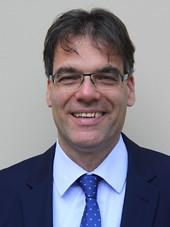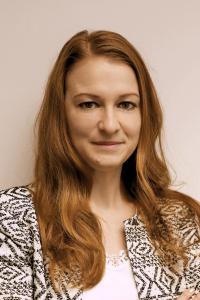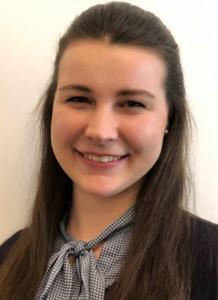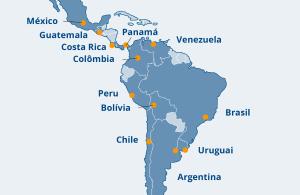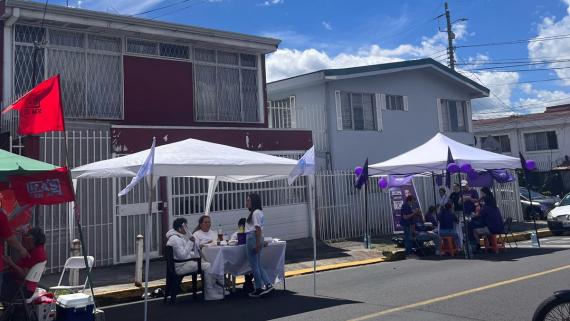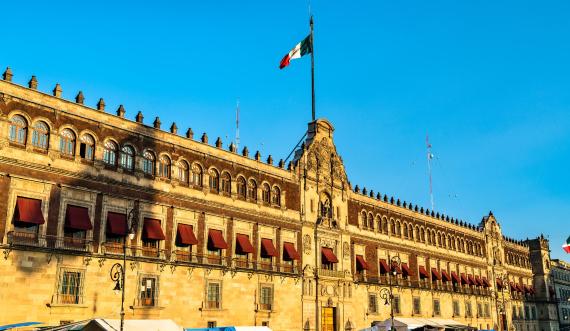Asset Publisher
Latin America
Interaktive Karten
Foundation Office Mexico
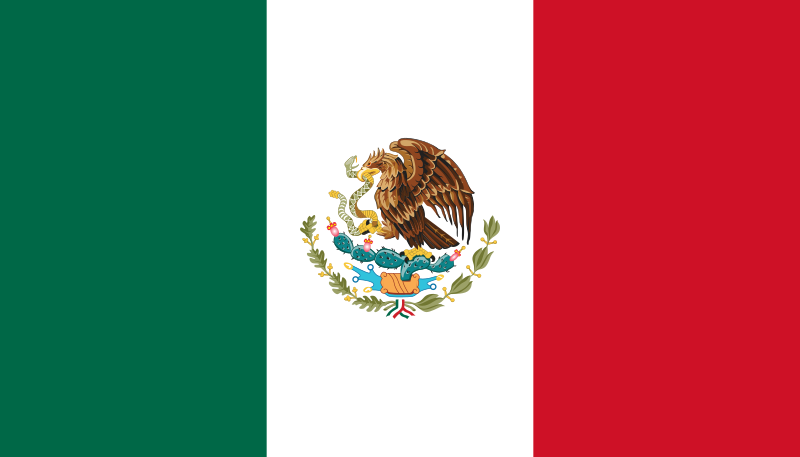
Head:
Hans-Hartwig Blomeier
Based in:
Mexico City, Mexico
Year of foundation:
1980
Main areas of work:
Party cooperation, rule of law, economy and sustainability, international politics
To the Foundation Office
Foundation Office Argentinia
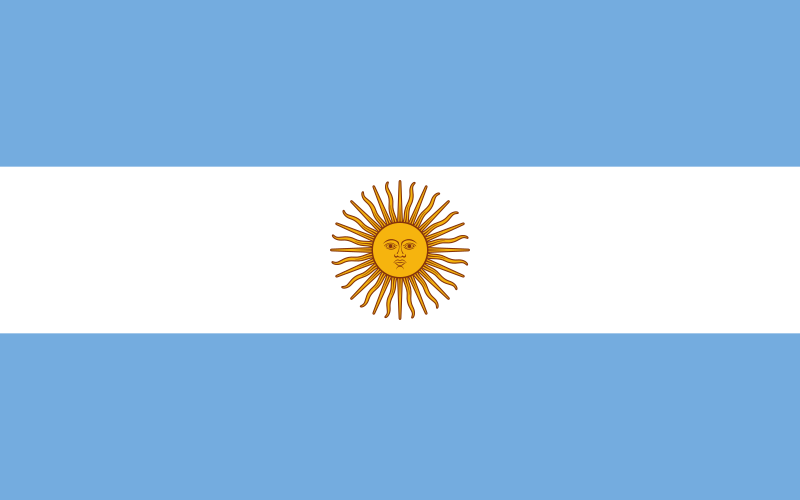
Head:
Susanne Käss
Based in:
Buenos Aires, Argentina
Year of foundation:
1964
Main areas of work:
Political education, rule of law and regulatory policy, local politics, international relations
To the Foundation Office
Foundation Office Guatemala
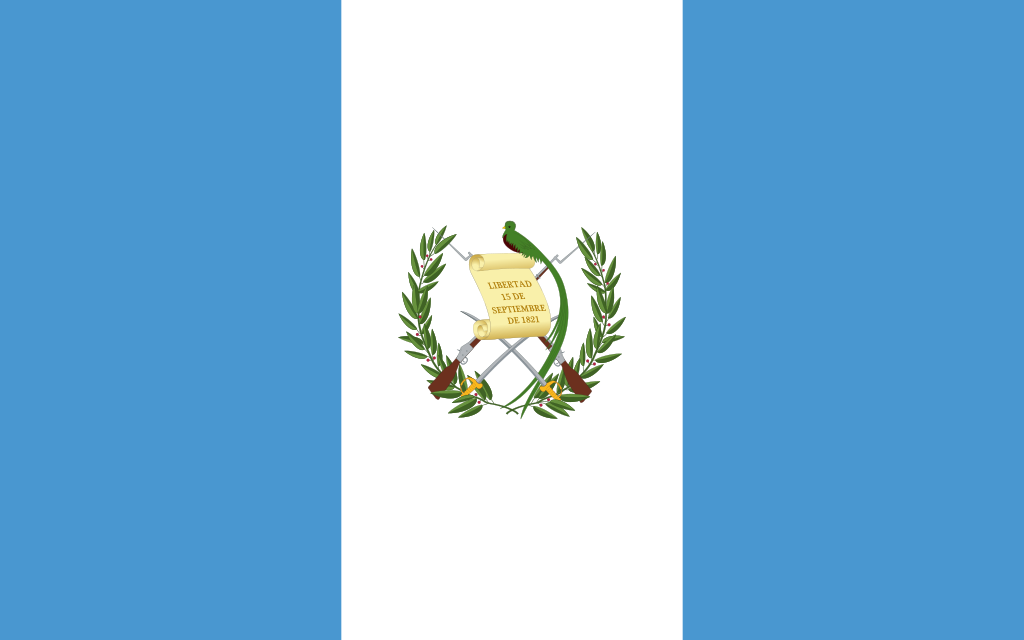
Head:
Dr. Rudolf Teuwsen
Based in:
Guatemala City, Guatemala
Year of foundation:
1966
Main areas of work:
Rule of law, promotion of young politicians, social market economy, social dialogue
To the Foundation Office
Foundation Office Costa Rica
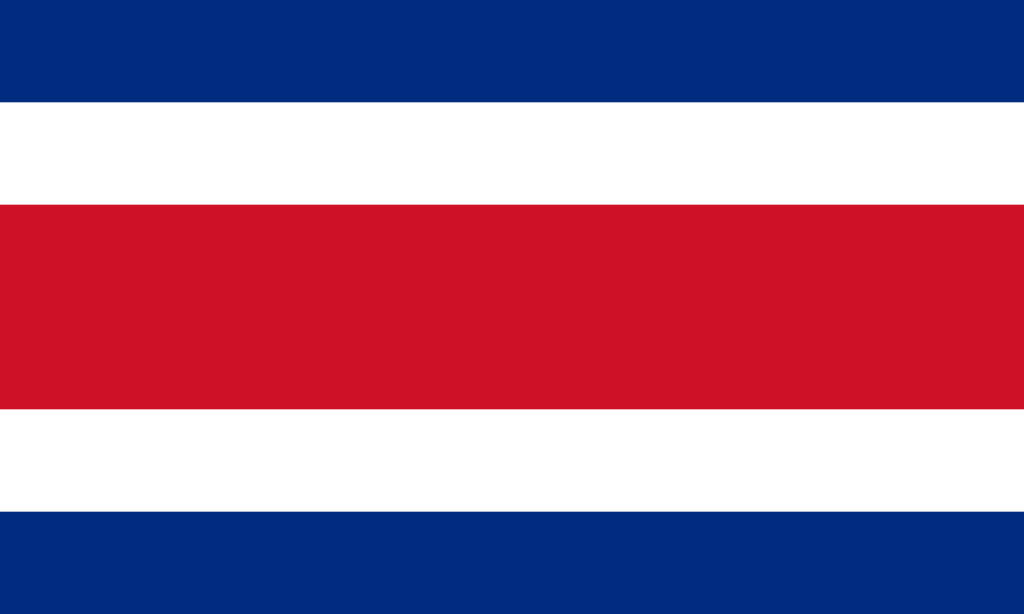
Head:
Julia Sandner
Based in:
San José, Costa Rica
Year of foundation:
1980
Main areas of work:
Party cooperation, innovation, international exchange, economy and sustainability
To the Foundation Office
Foundation Office Venezuela
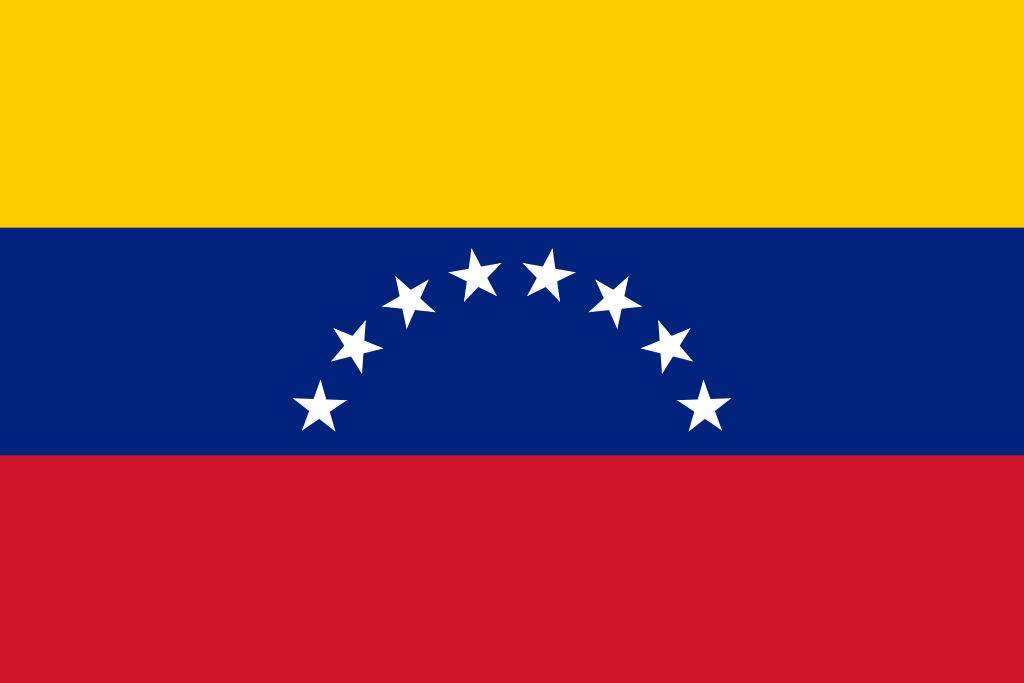
Head:
Annette Schwarzbauer
Based in:
Caracas, Venezuela
Year of foundation:
1962
Main areas of work:
Education and dialogue measures on social issues, local development and participation, foreign, energy and economic policy, scholarships
To the Foundation Office
Foundation Office Colombia
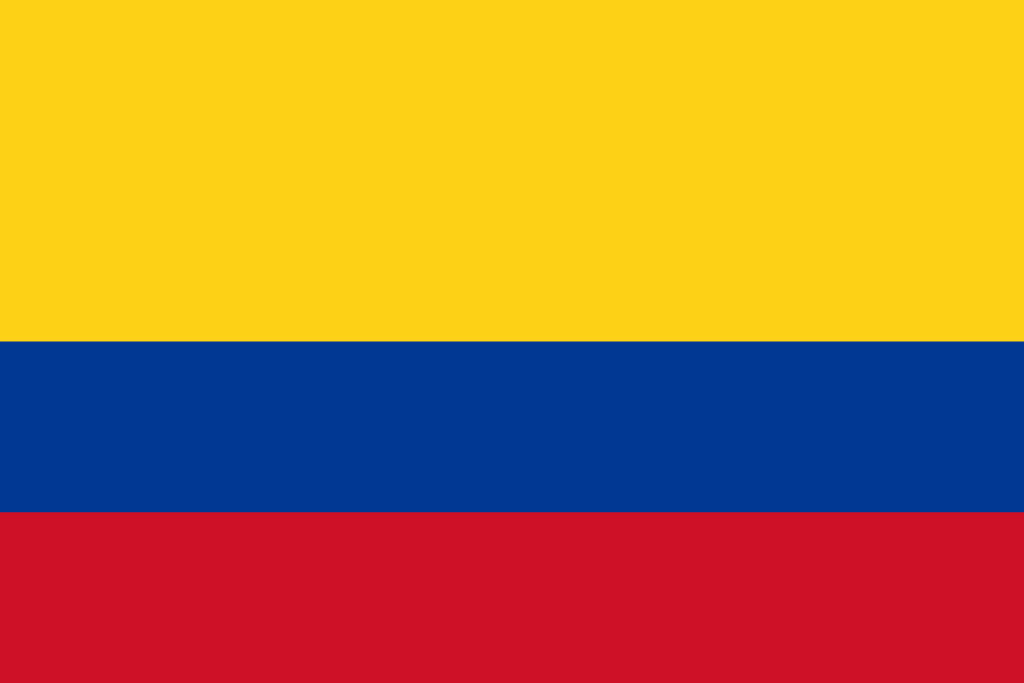
Head:
Hartmut Rank
Based in:
Bogotá D.C., Colombia
Year of foundation:
1964
Main areas of work:
Peace process, migration, sustainable development, democratic participation
To the Foundation Office
Foundation Office Peru
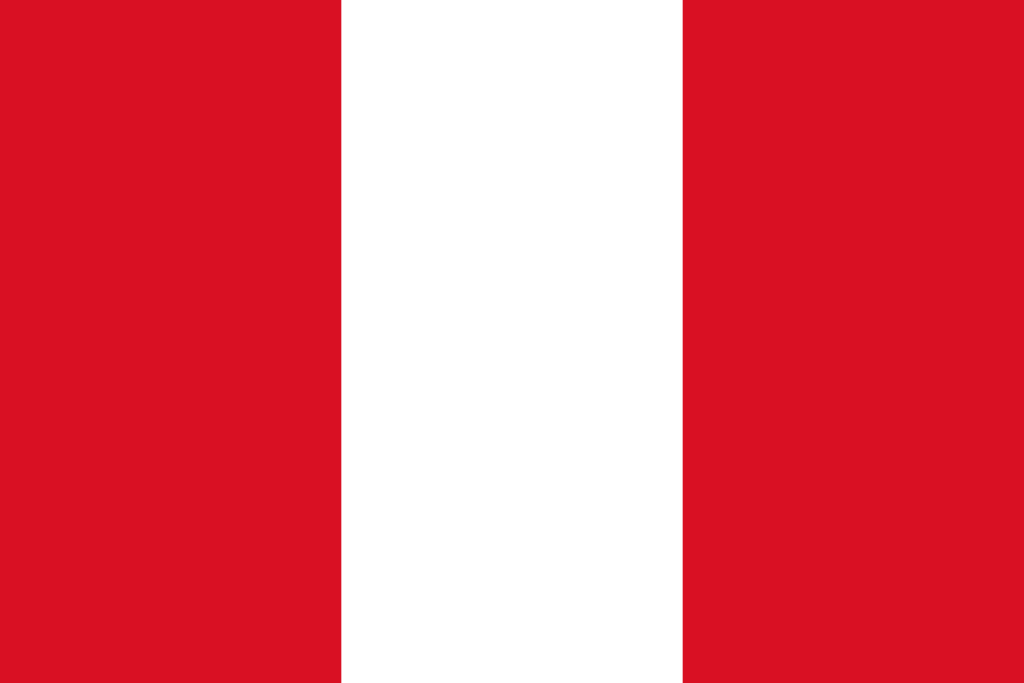
Head:
Dr. Robert Helbig
Based in:
Lima, Peru
Year of foundation:
1968
Main areas of work:
Strengthening democratic structures, rule of law, political reform and promotion of young talent, foreign and security policy
To the Foundation Office
Foundation Office Bolivia
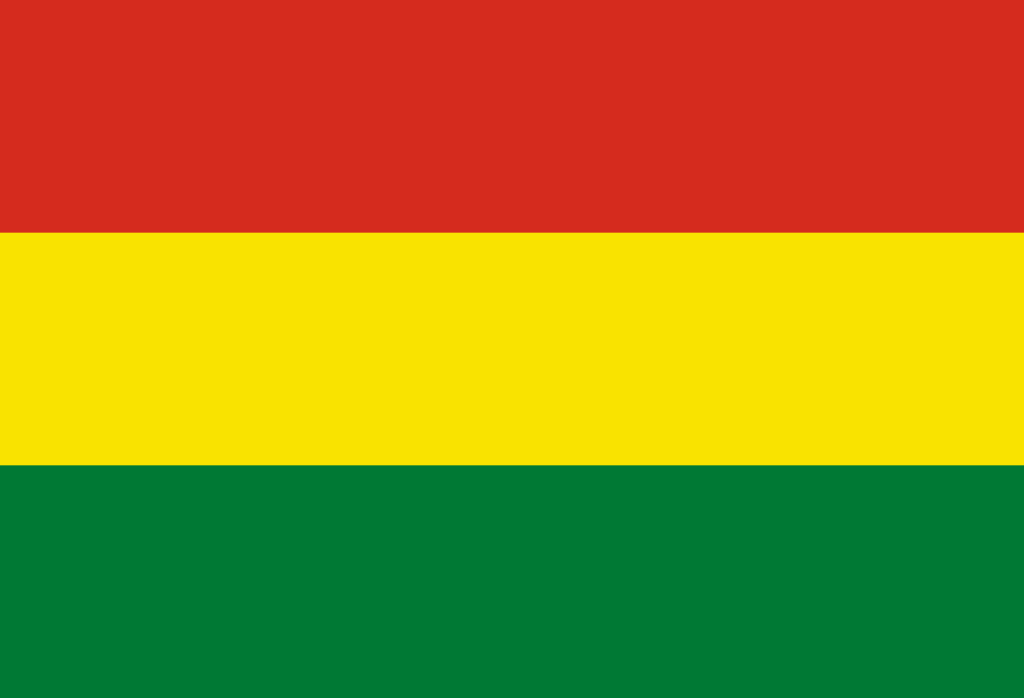
Head:
Dr. Christina Stolte
Based in:
La Paz, Bolivia
Year of foundation:
1967
Main areas of work:
Social market economy, strengthening of parliament, freedom of the press and freedom of expression, democratic participation of women, youth and indigenous peoples
To the Foundation Office
Foundation Office Brazil
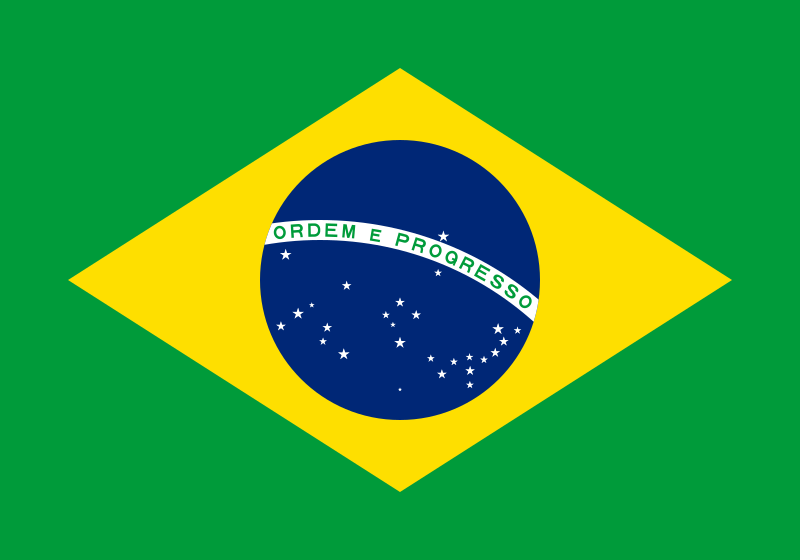
Head:
Maximilian Hedrich
Based in:
Rio de Janeiro, Brazil
Year of foundation:
1969
Main areas of work:
Political education, rule of law and regulatory policy, decentralisation and sustainable development, international relations
To the Foundation Office
Foundation Office Chile
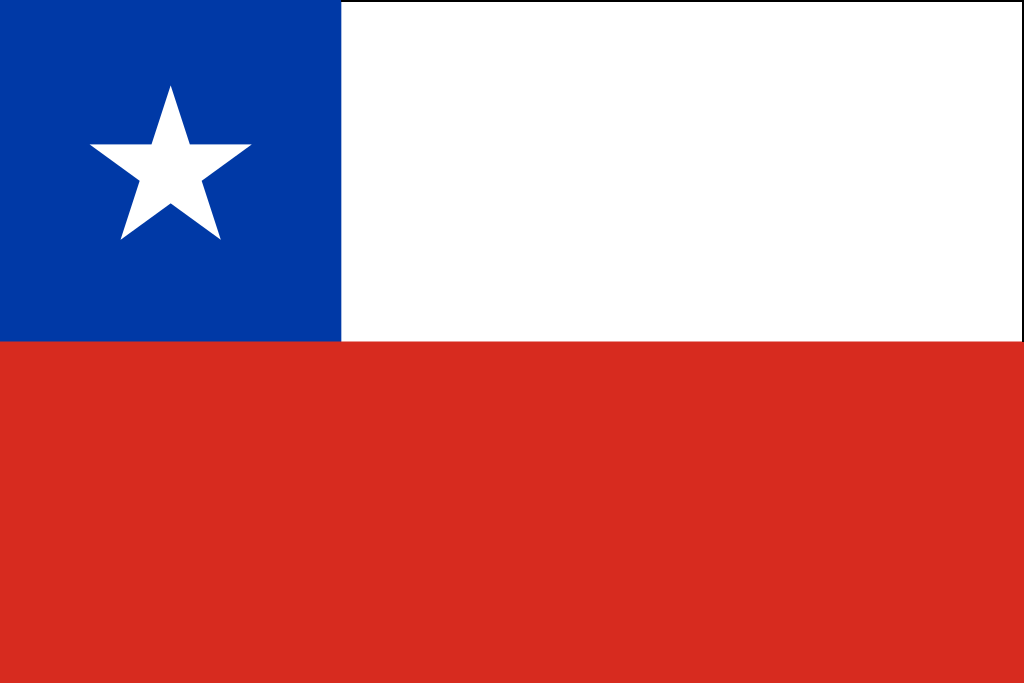
Head:
Olaf Jacob
Based in:
Santiago de Chile, Chile
Year of foundation:
1962
Main areas of work:
Decentralisation, digitalisation and sustainable development, promotion of young politicians, international relations
To the Foundation Office
Rule of Law Programme Latin America
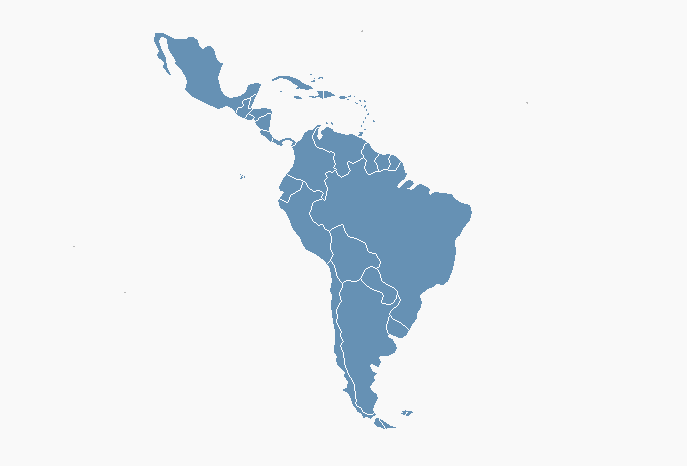
Head:
Hartmut Rank
Based in:
Bogotá D.C., Colombia
Year of foundation:
1991
Main areas of work:
Constitutional law and regional and international human rights protection, international criminal law and transitional justice, combating corruption
To the Regional Programme
Regional Programme Political Partizipation of Indigenous People in Latin America

Head:
Dr. Christina Stolte
Based in:
La Paz, Bolivia
Year of foundation:
2005
Main areas of work:
Promoting the political participation of indigenous people, raising awareness among political actors, intercultural dialogue
To the Regional Programme
Regional Programme Political Parties and Democracy in Latin America

Head:
Henning Suhr
Based in:
Montevideo, Uruguay
Year of foundation:
2012
Main areas of work:
Party dialogue, political education, political youth work, democracy
To the Regional Programme
Foundation Office Ecuador
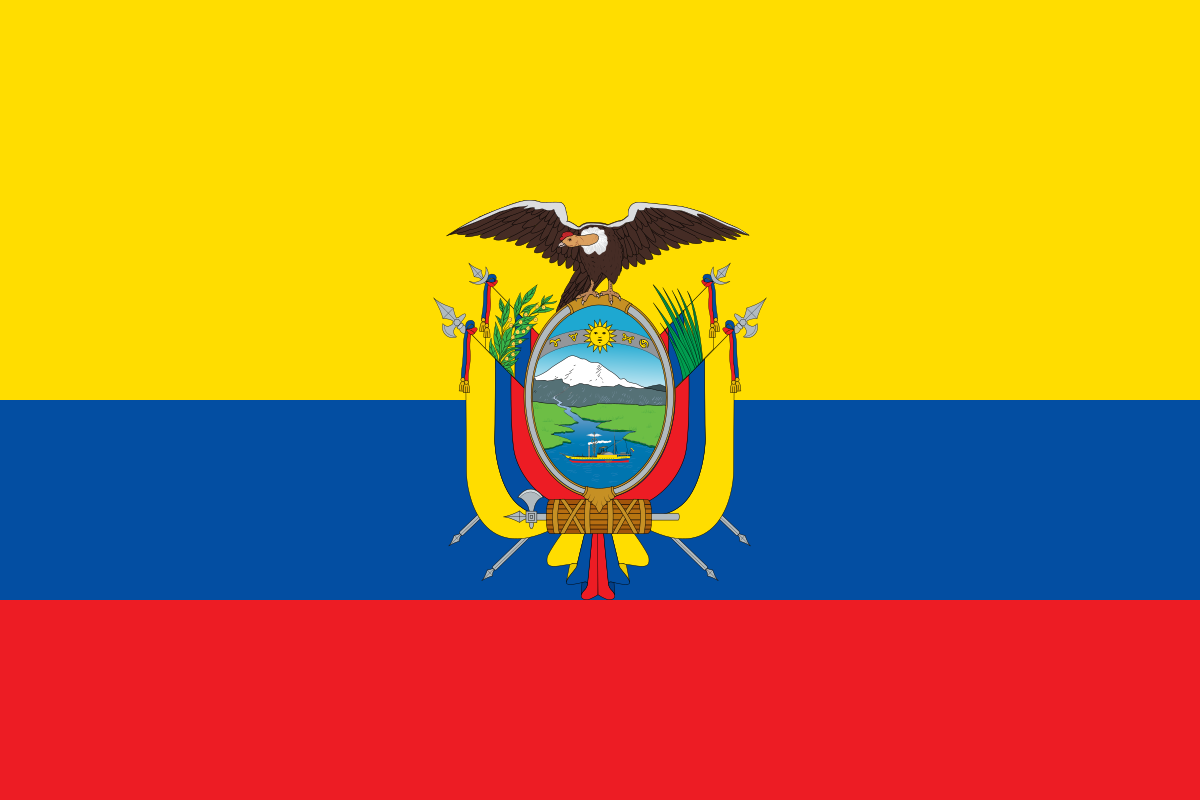
Head:
Johannes Hügel
Based in:
Quito, Ecuador
Year of foundation:
2022
Main areas of work:
Strengthening democratic and market-economy structures, rule of law, political reforms, promotion of young talent, foreign and security policy
To the Foundation Office
Asset Publisher
Alongside Europe and North America, Latin America is one of the world’s most democratic regions and therefore an important partner for Germany in the creation of a rule-based, multilateral world order. KAS has been working with Latin American states in a spirit of trust for over 50 years to foster close dialogue on the topics of democracy, the rule of law, decentralisation and social market economics through its 12 Foundation offices and 5 regional projects.
Alongside Europe and North America, Latin America is one of the world’s most democratic regions and therefore an important partner for Germany in the creation of a rule-based, multilateral world order. KAS has been working with Latin American states in a spirit of trust for over 60 years to foster close dialogue on the topics of democracy, the rule of law, decentralisation and social market economics through its 11 foundation offices and 3 regional projects.
When it comes to their histories, cultures and mentalities, Germany has more in common with Latin America than almost any other region. This ‘natural partnership’ with the region is also reflected in KAS’s international work, which started with the first foundation offices in Venezuela and Chile (1962).
Latin America has experienced sweeping changes since the early days of cooperation. Apart from a few exceptions, the countries in the region are governed democratically and adhere to the principles of market economy. At the beginning of the millennium, Latin America experienced a period of prosperity thanks to the huge revenue brought in from the resources boom, which significantly reduced poverty levels in many countries and boosted the region’s self-confidence on the international stage. However, a number of social and political challenges, including corruption, social inequality, a lack of trust in politics and state institutions, along with crime and violence, continue to exist despite the economic upswing. These factors are hampering the region’s development.
KAS helps Latin American partners tackle these political and social challenges. Specifically, KAS is committed to the following priority areas in Latin America:
- cooperation with Christian democratic and other centrist parties
- promotion of the rule of law, constitutional reform processes and fighting corruption
- regulatory dialogue on the structure of economic and social policies
- contribution to the sustainability of democratic structures and institutions
- consulting for governments and parliaments
- promotion of political participation and human rights
- cooperation with organisations in civil society and the media
- promotion of decentralisation processes
- dialogue on environmental politics, climate change and energy security
- dialogue on foreign and security policy within the region and with Europe and Germany
The work of the Foundation offices in Latin America is divided into three project regions, which are coordinated from Berlin.
Mexico and Central America
The project region of Mexico and Central America is characterised, at first glance, by considerable heterogeneity. Thanks to its size and economic power, Mexico sticks out as a member of the G20 and the OECD and is also an important agent in the international context. Costa Rica is securely anchored in the Western community of shared values and serves, alongside Panama, as a politically stable and reliable interlocutor for Germany and the European Union. In the countries of the Northern Triangle, Guatemala, El Salvador and Honduras, where KAS is partially represented, security challenges and the topic of migration dominate the agenda.
The KAS offices in Mexico, Guatemala and Costa Rica work closely with local partner institutions to strengthen democracy and the rule of law, as well as to promote active participation (particularly amongst indigenous populations, women and young people) in politics and society. Costa Rica also looks after the connecting country Panama and monitors the current developments in Nicaragua. Political dialogue with partner parties plays a particularly important role, especially in Mexico and Costa Rica. In addition to national aspects, issues in regard to regional cooperation, such as migration, security and foreign trade, as well as relationships with Europe and Germany are also addressed. In addition, the foreign office in Mexico is monitoring events in Cuba.
Andean states
The situation in the Andean states of Venezuela, Colombia, Ecuador, Peru and Bolivia has been extremely volatile in recent years. Encouraging news, such as the historic peace agreement in Colombia that ended six decades of conflict with the FARC guerilla group in 2016, are juxtaposed with dramatic developments in the neighbouring country of Venezuela, which is currently experiencing a massive humanitarian, political and economic crisis and was the location of one of the 21st century’s largest refugee disasters. Social protests shook large parts of the region in autumn 2019, laying bare the full extent to which political polarisation and dissatisfaction over inadequate socio-economic participation are dividing the societies of the Andean countries. In addition, the security situation in Ecuador in particular has become increasingly acute. In Venezuela, the repression of the population and especially of the opposition continues. This was most recently evident in the 2024 presidential elections, when the regime did not recognize opposition leader Edmundo González as elected president and imprisoned thousands of people as a result of the protests.
The KAS offices in the Andes, which besides the country projects in Venezuela, Colombia, Ecuador, Peru and Bolivia also include the regional projects for ‘Indigenous Political Participation’ based in Bolivia and the ‘Rule of Law Programme Latin America’ based in Colombia, work closely with local political, judicial, media and civil society partners in their areas of activity. The foundation offices focus on specific national issues, such as the implementation of the peace process in Colombia, the decentralisation of government in Peru, the handling with the security crisis in Ecuador, the promotion of civil society in Venezuela and political dialogue in Bolivia. Although based in the Andean states, the regional projects work across borders and pursue overarching topics, such as promoting the rule of law in Latin America, socio-political participation amongst indigenous populations and the debate surrounding climate change. Since mid-2020, the KAS offices in the Andean states have also been focusing their efforts on the consequences of the Venezuelan refugee crisis, as the countries in the region have, in the meantime, taken in the majority of around seven million migrants and bear the brunt of the mass exodus from Venezuela.
Cono Sur
The Cono Sur project region covers Argentina, Brazil, Chile and Uruguay and fosters party dialogue and democracy through the regional programme based there. Compared with the other regions, Cono Sur enjoys a relatively high level of political stability. Nevertheless, increasing societal polarisation can also be observed here. Despite a generally high level of development, the countries are characterised by significant regional differences and show large income disparities. Violent demonstrations erupted in apparently stable Chile during 2019, mostly in protest of social injustices and demanding a new constitution. The new constitution has since been drafted in a participatory process but has not yet been adopted. Brazil and Argentina play an important role thanks to their size and economic power. Both countries are members of the G20, a group of the twenty most important industrialised and emerging economies. Although there is a strong polarisation of the population in the two countries, important economic and social reforms have been initiated. Chile and Uruguay show consistent commitment to multilateralism. All four countries are important interlocutors for Germany and the European Union.
The foundation offices in Argentina, Brazil and Chile focus primarily on the political dialogue with local partner parties and institutions, focusing on both national issues and the shared challenges of a more interdependent world: in addition to political education and dialogue formats for officials and junior staff on a national and municipal level, discussions also address global topics such as trade relationships, adapting to climate change and the development of regional security structures. KAS Brazil’s annual ‘Forte’ security conference has become firmly established on the global security policy agenda.
Asset Publisher
Selected projects of our department
Exclusive and selected projects of our department (possibly in cooperation with other departments or external partners) are presented in the following overview.
Asset Publisher
Asset Publisher
Asset Publisher
Publications on this topic
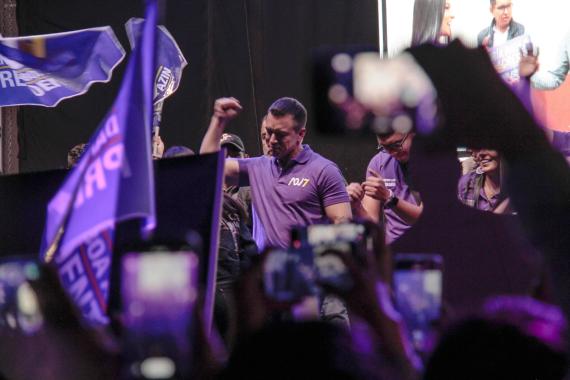 IMAGO / Agencia Prensa-Independiente
IMAGO / Agencia Prensa-Independiente
No Clear Winner in Ecuador's Elections
Political Polarization Persists Ahead of Runoff
-
Johannes Hügel
-
February 10, 2025
-
Country reports
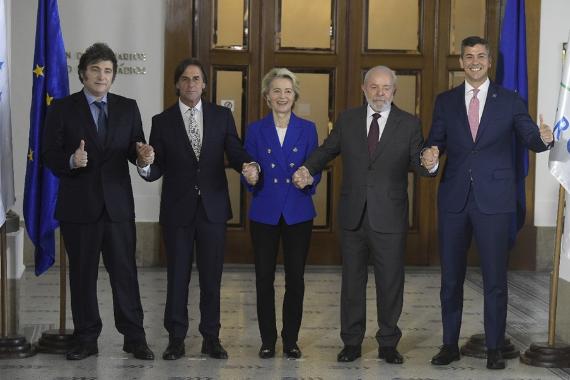 Dante Fernández/ FocoUy
Dante Fernández/ FocoUy
Political breakthrough on EU-Mercosur trade agreement
Founding of one of the world's largest economic areas after 25 years of negotiations
-
December 10, 2024
-
Country reports
 IMAGO / Fotoarena
IMAGO / Fotoarena
Brazil on a Summit High: Neutral and Pragmatic
Brazil ahead of the G20 summit in Rio de Janeiro
-
Maximilian Hedrich, Philipp Gerhard
-
November 13, 2024
-
Country reports
 KAS-RP Parteiendialog und Demokratie
KAS-RP Parteiendialog und Demokratie
Everything open ahead of Uruguay's run-off election
Parliamentary and presidential elections in Latin America's model democratic country
-
October 29, 2024
-
Country reports
 IMAGO / aal.photo
IMAGO / aal.photo
Mexico has voted
Clear balance of power
-
Hans-Hartwig Blomeier, Maximilian Strobel
-
June 4, 2024
-
Country reports
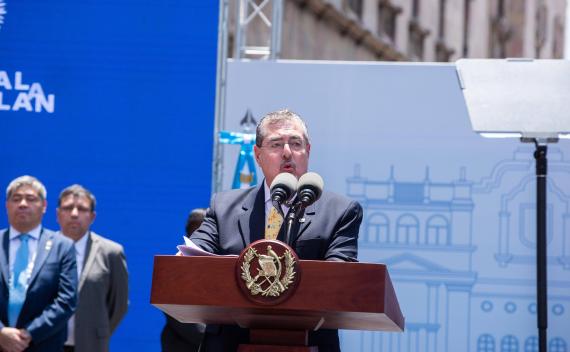 IMAGO / ZUMA Wire
IMAGO / ZUMA Wire
Guatemala: 100 days of Arévalo’s government
Of the travails of the plainx
-
Prof. Dr. Stefan Jost
-
April 29, 2024
-
Country reports
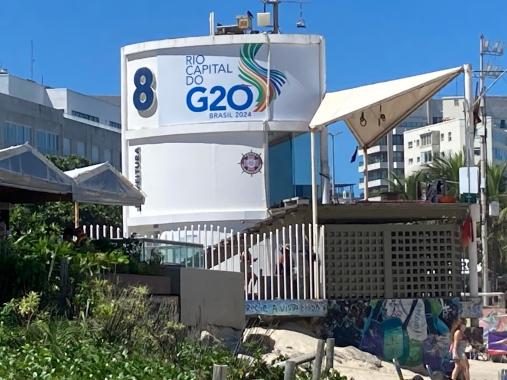 KAS / Maximilian Hedrich
KAS / Maximilian Hedrich
The world is looking for Brazil
Why Europe would do well to meet Brazil on an equal footing
-
Maximilian Hedrich
-
April 2, 2024
-
Country reports
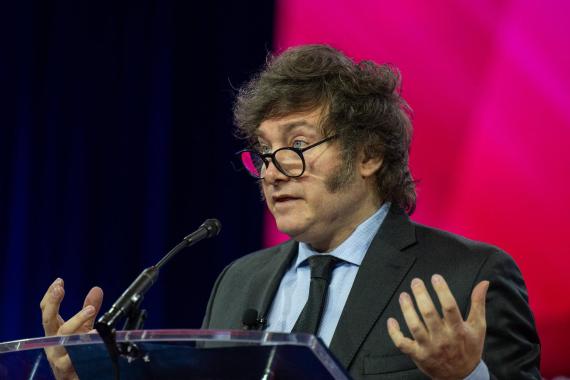 IMAGO / ABACAPRESS
IMAGO / ABACAPRESS
Javier Milei's presidency in Argentina
100 eventful days
-
Susanne Käss
-
March 19, 2024
-
Country reports







